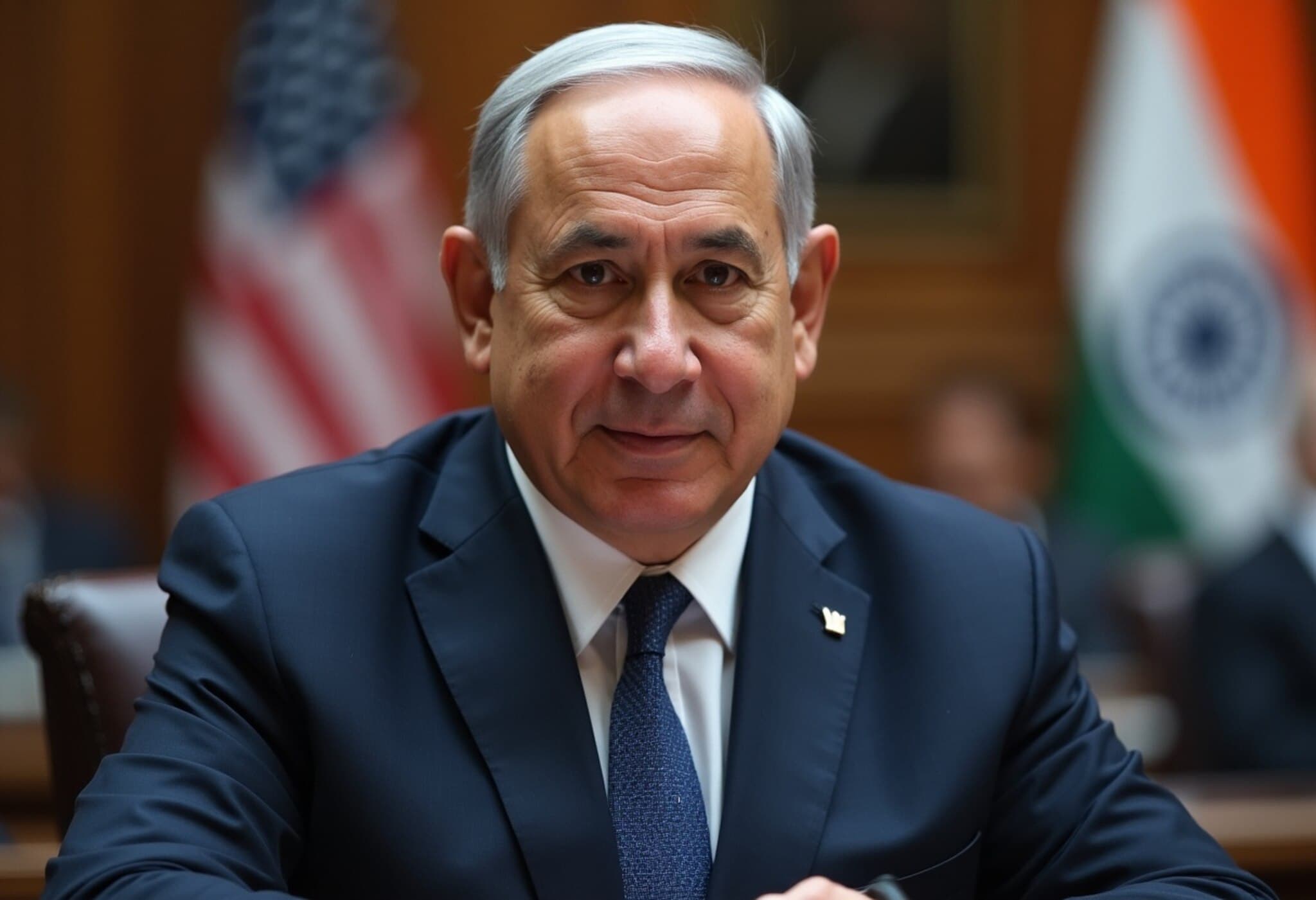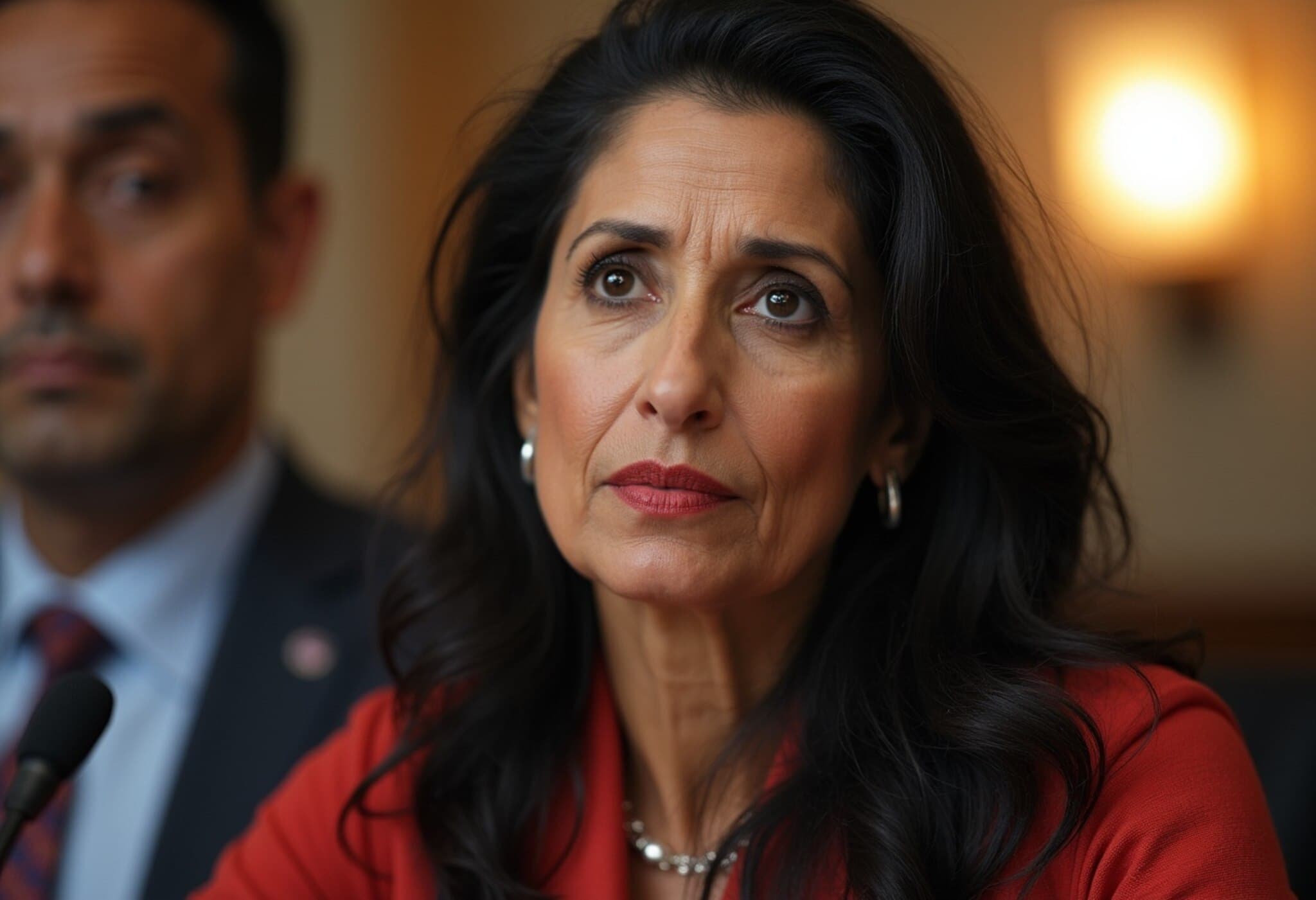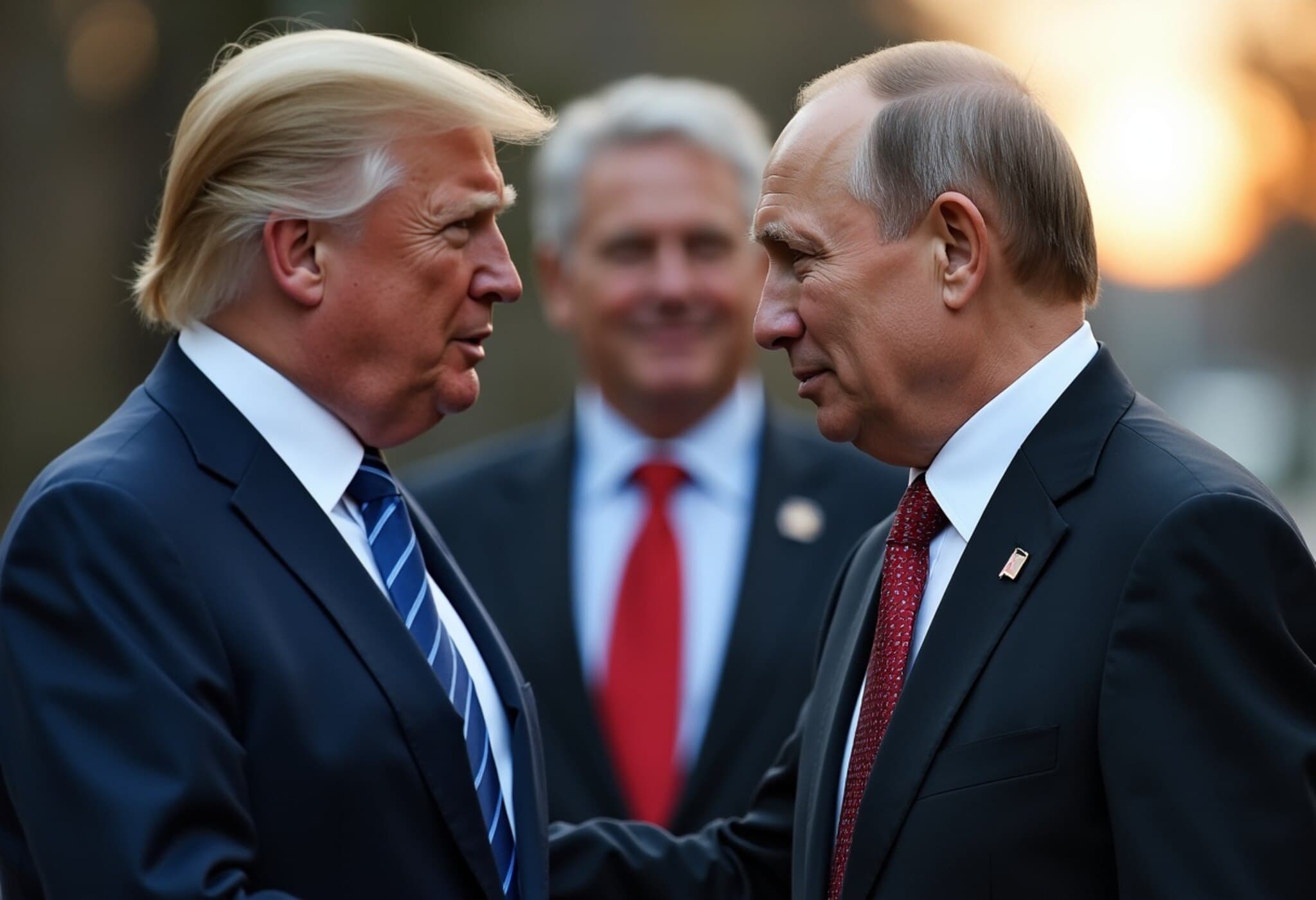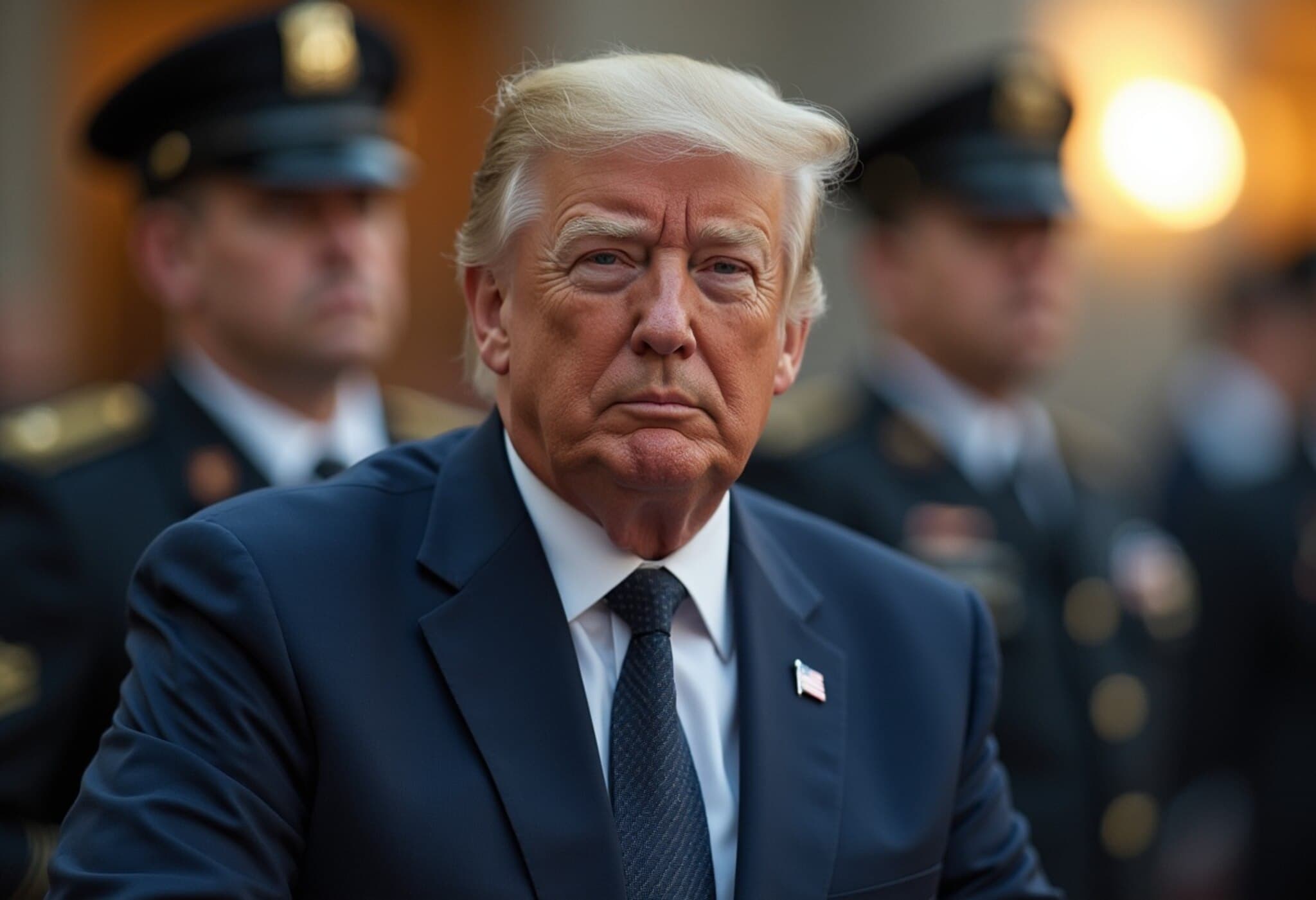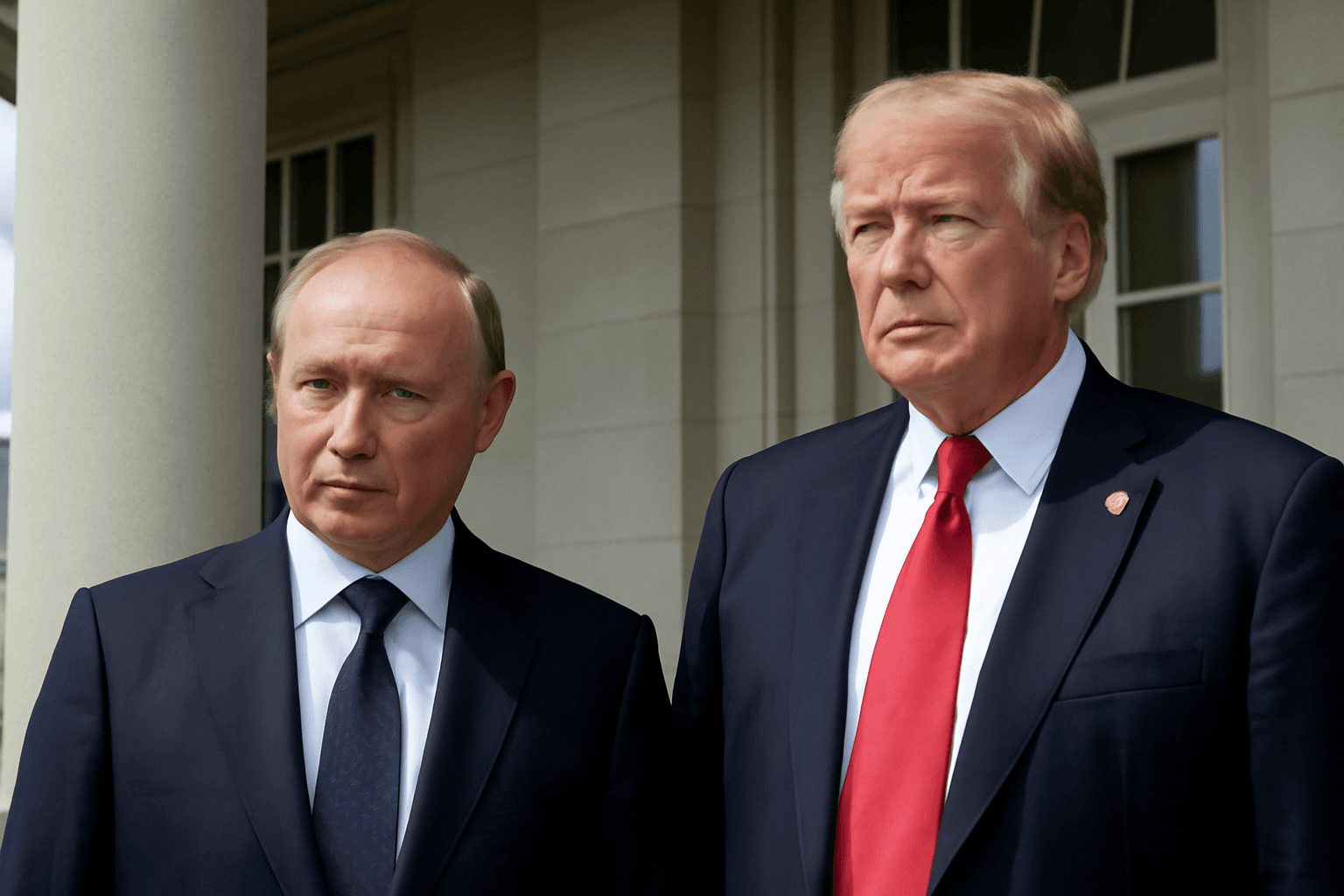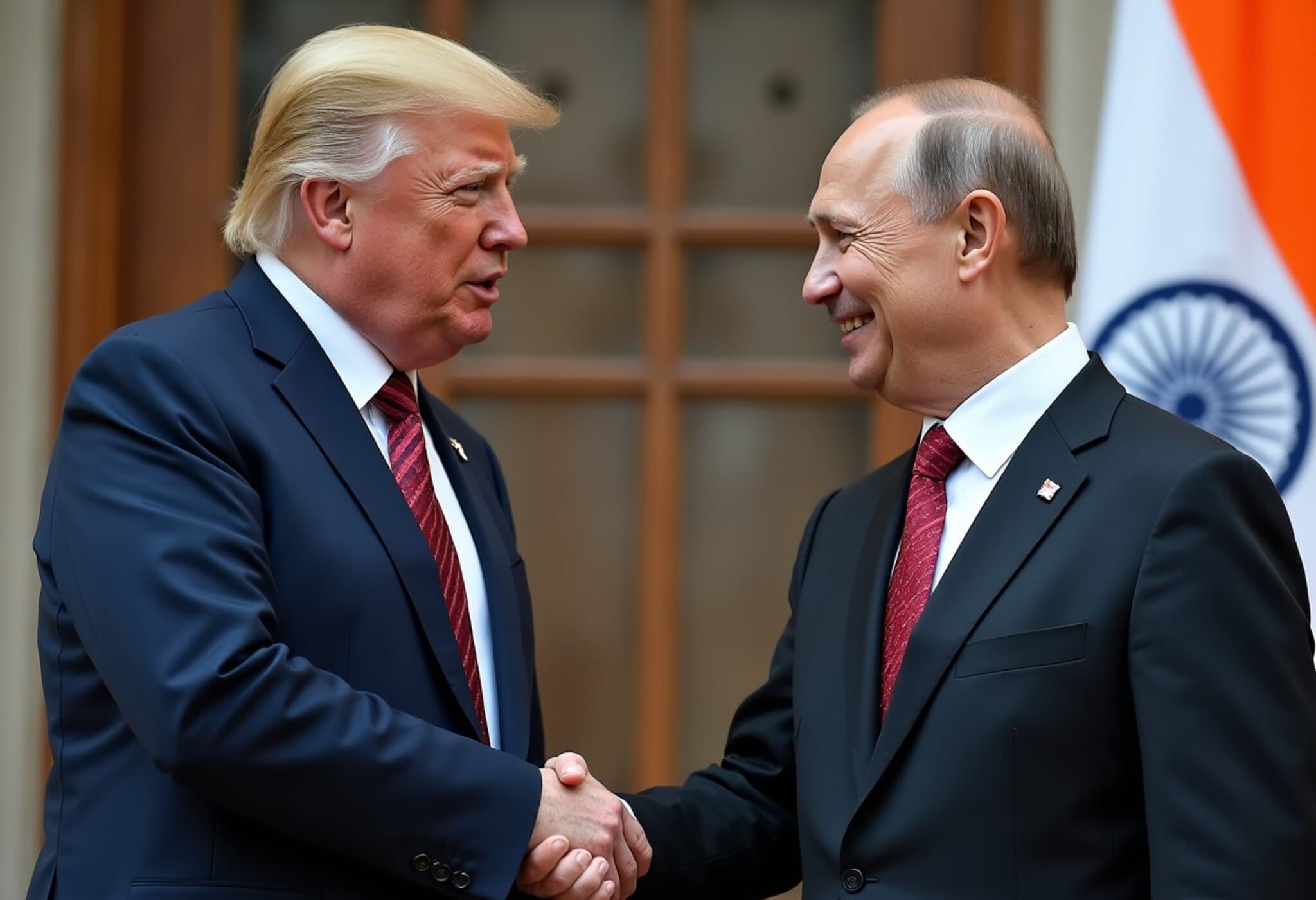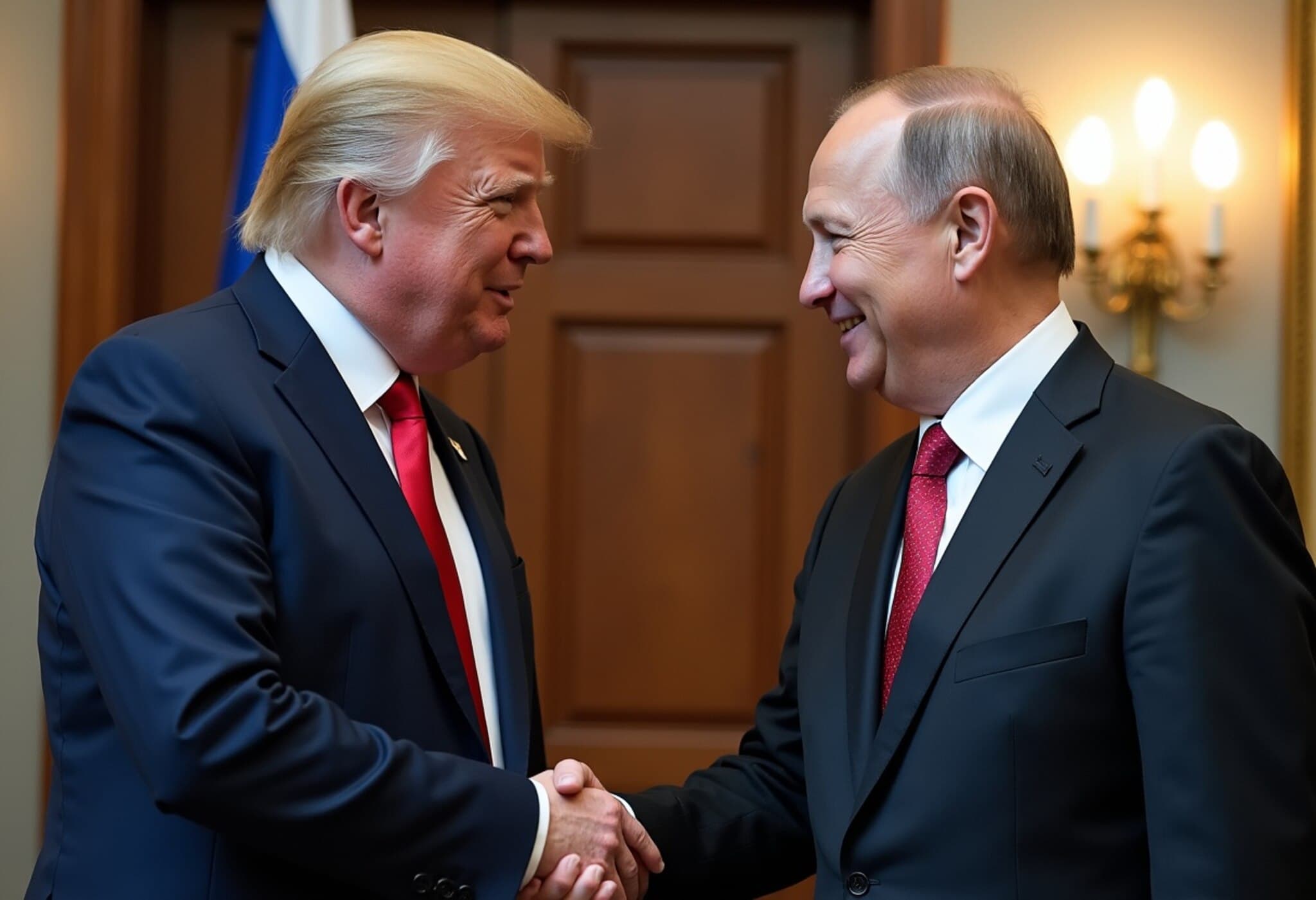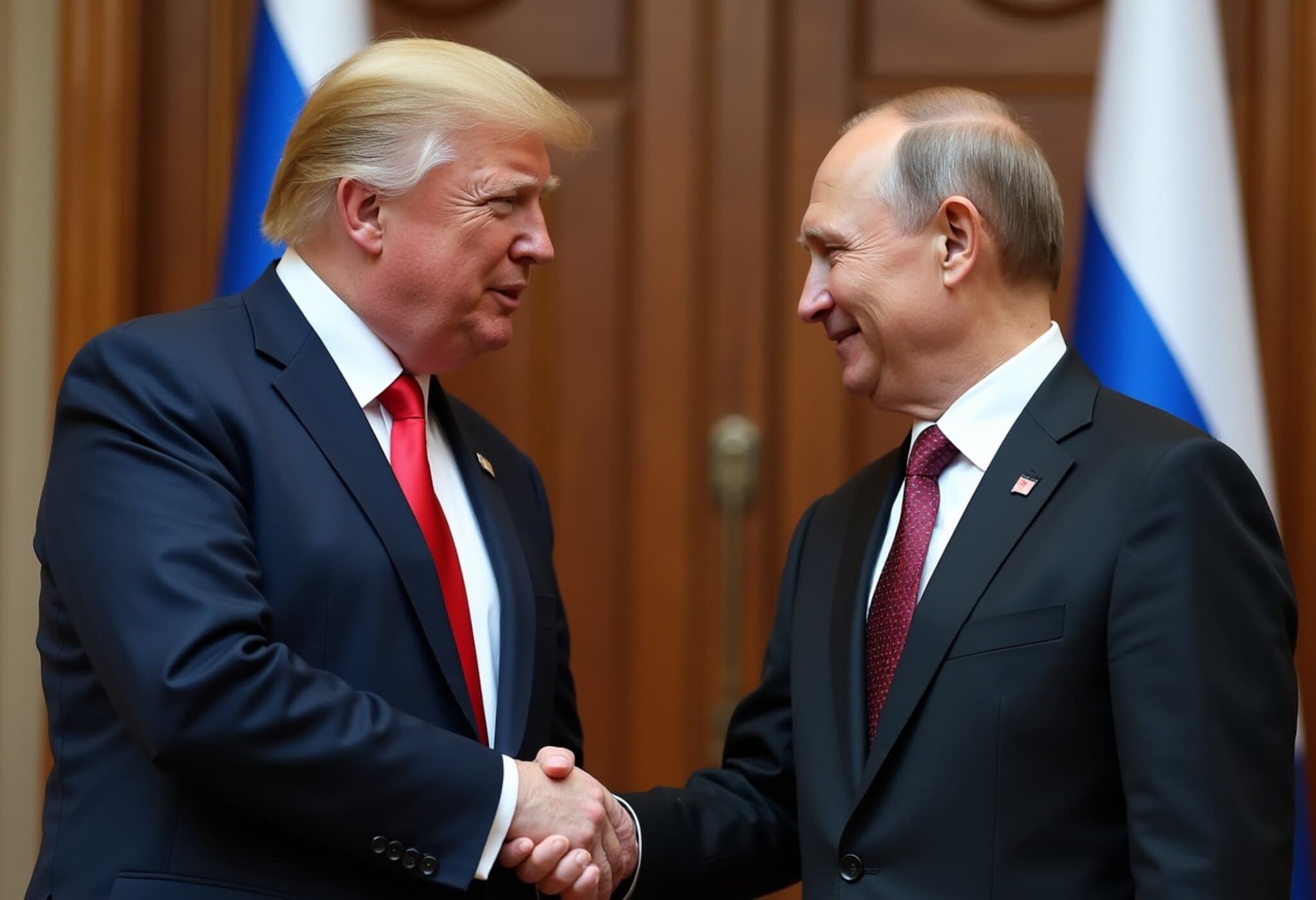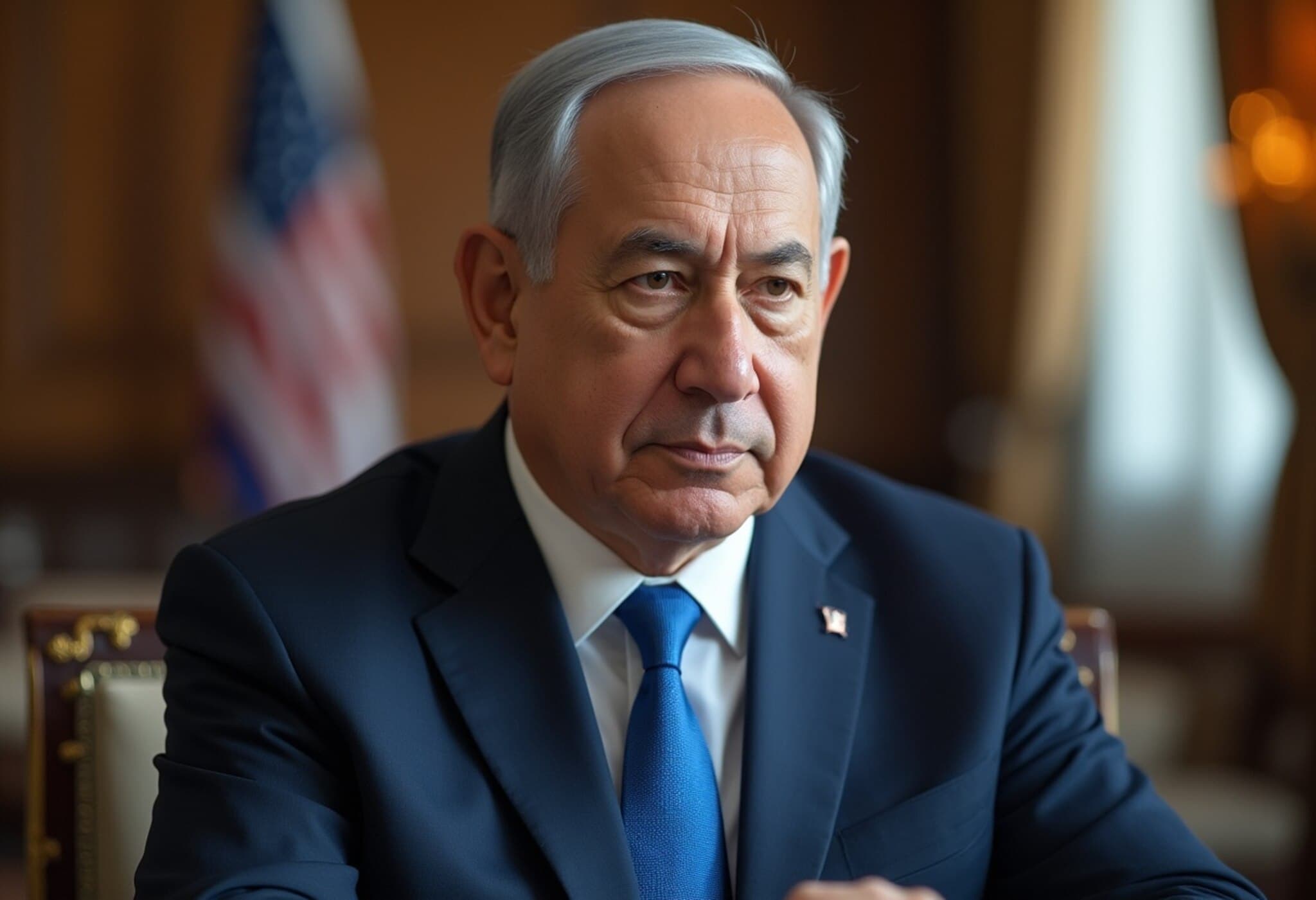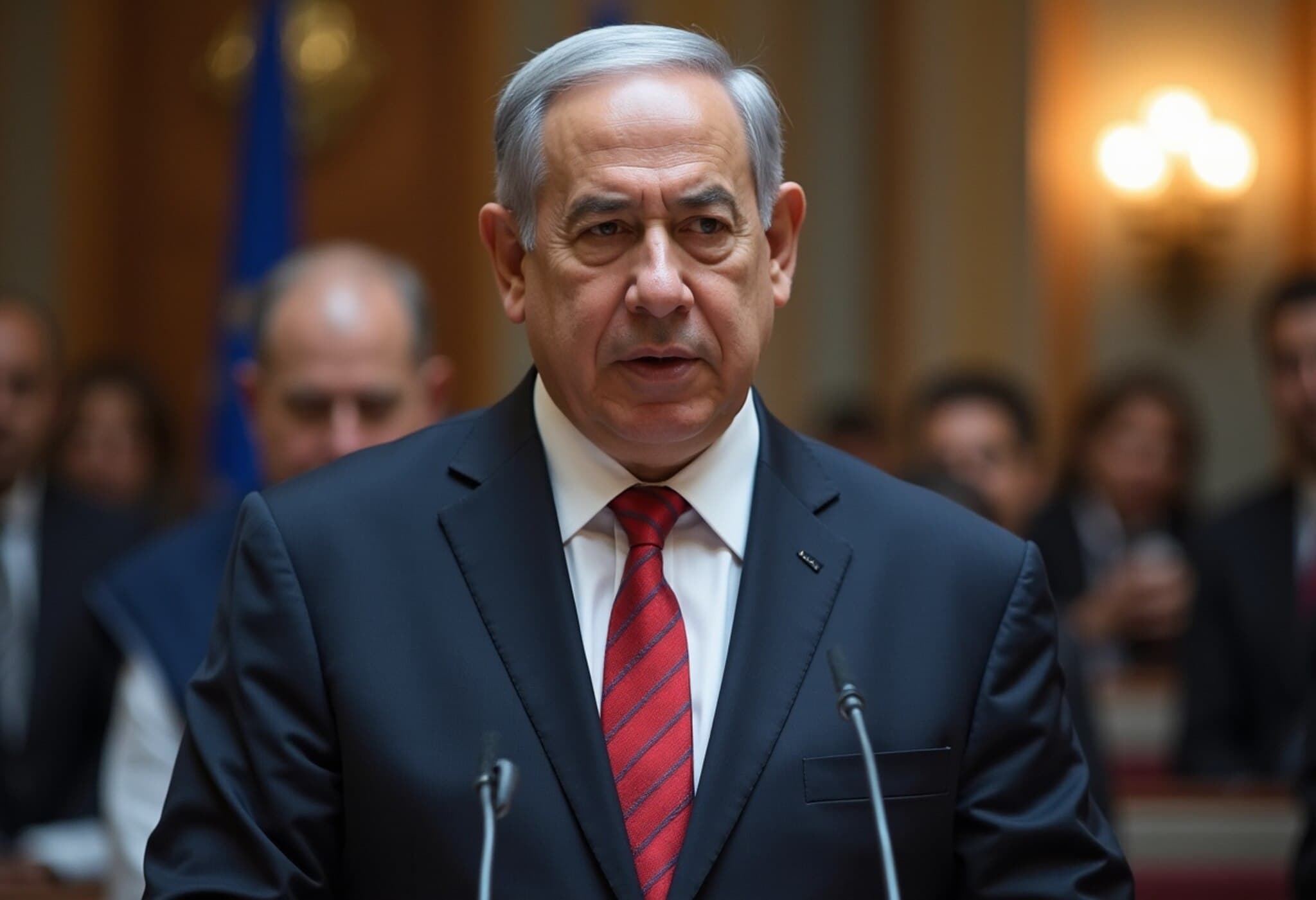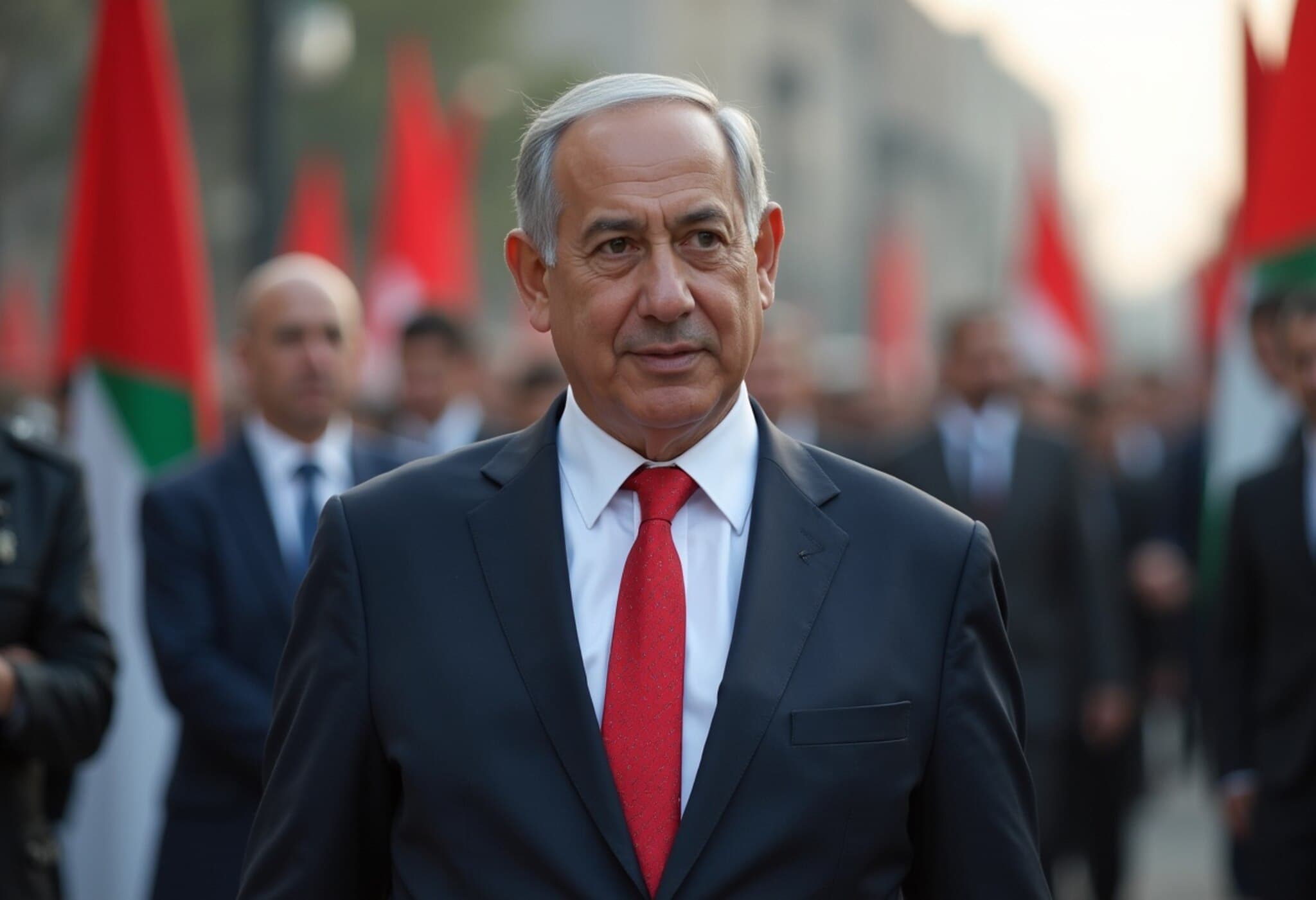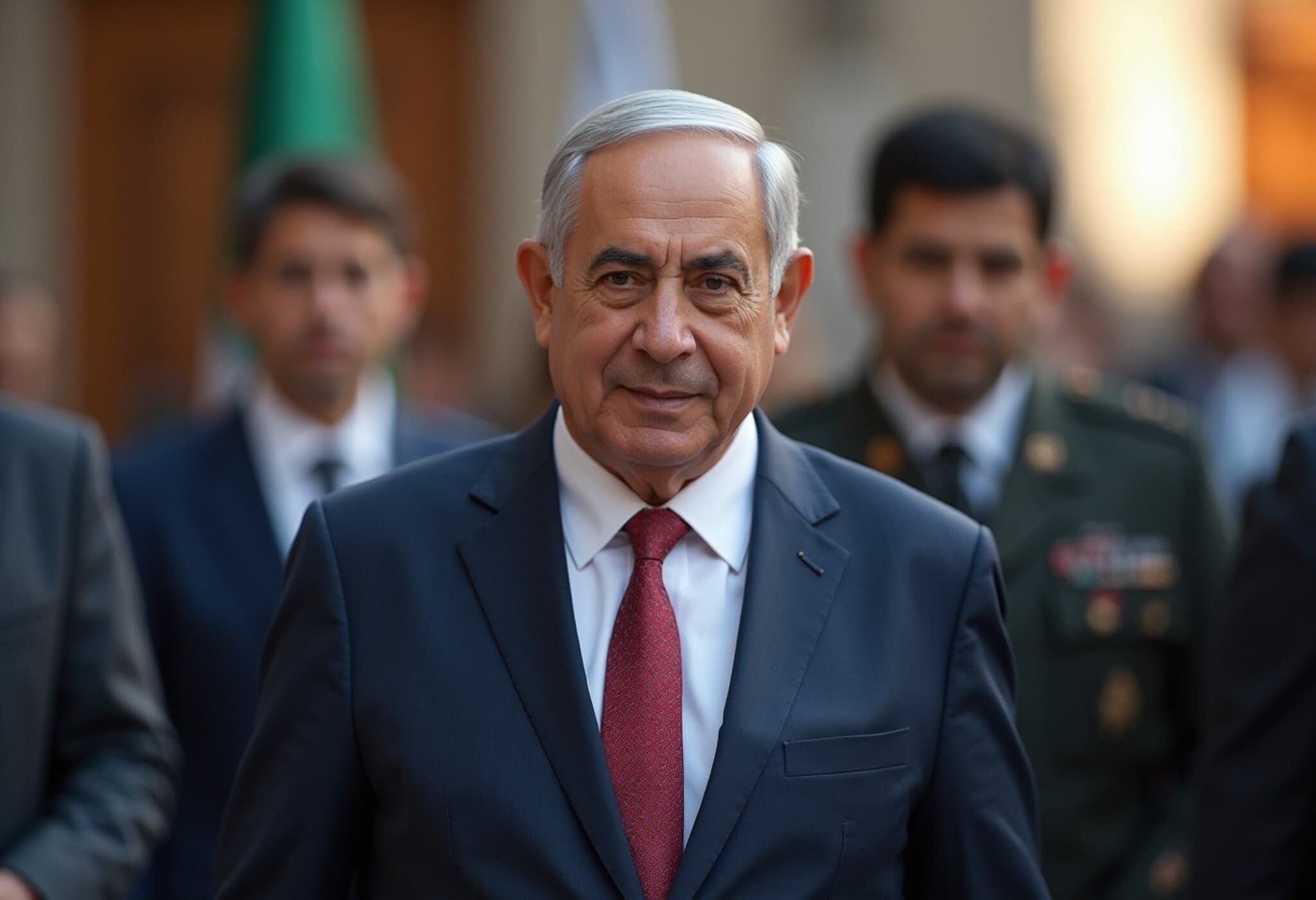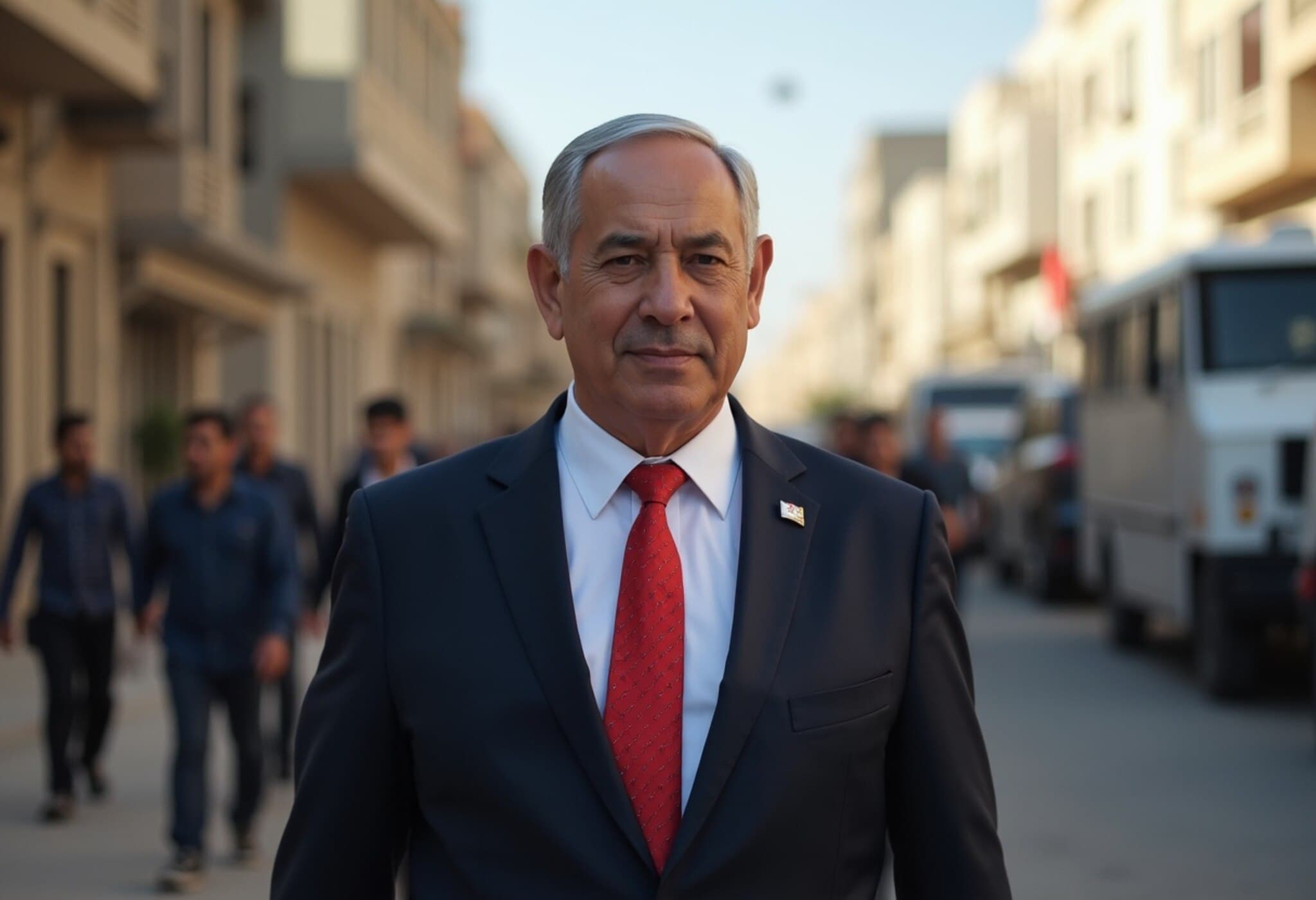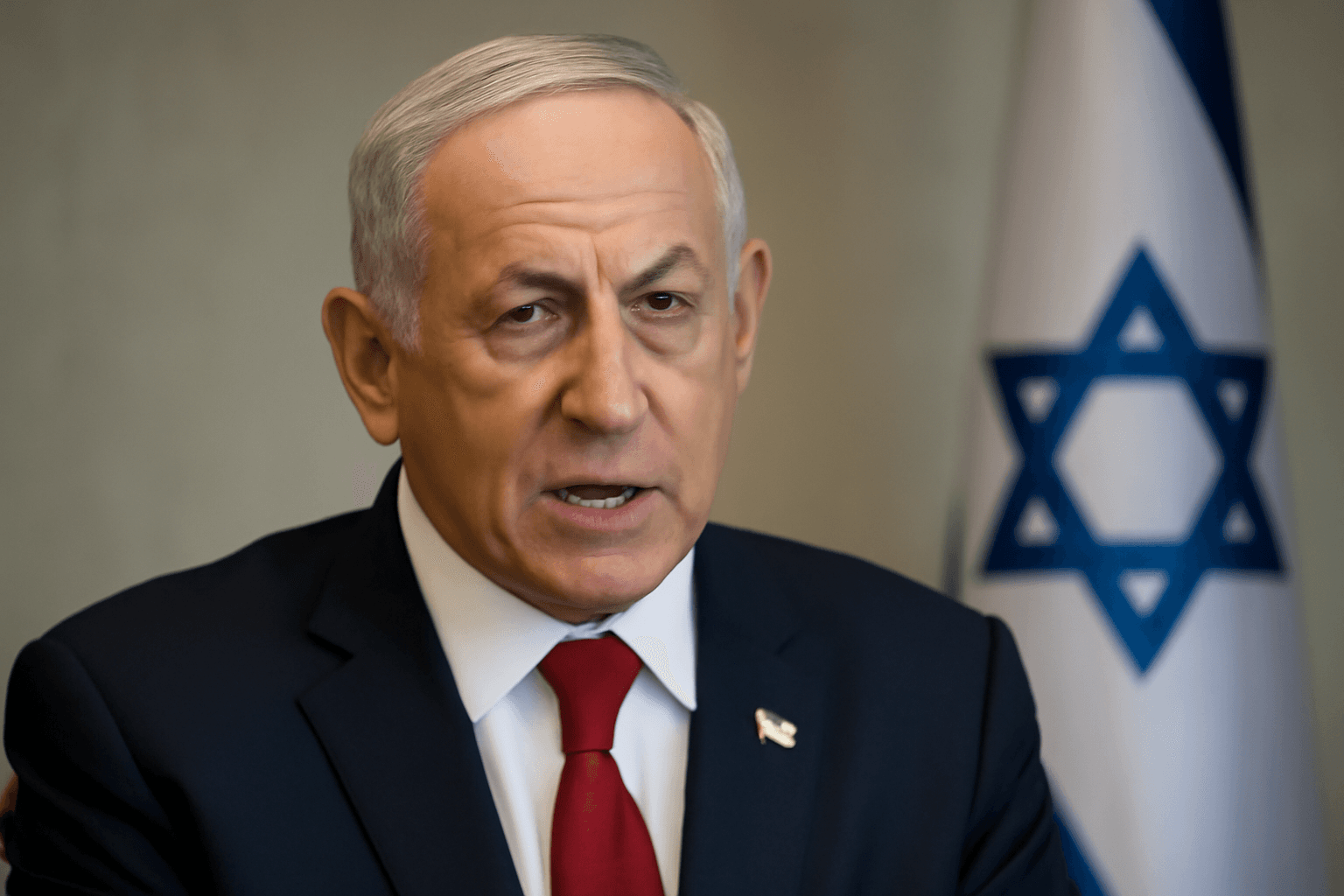Netanyahu Reaffirms India’s Strategic Partnership Amid US Tariff Tensions
In a significant show of support for India during its ongoing trade dispute with the United States, Israeli Prime Minister Benjamin Netanyahu has emphatically described India as a “solid partner” not only for Israel but also for Washington. Speaking on August 7, 2025, Netanyahu highlighted the deep ties between the two democracies and expressed confidence that current trade obstacles between India and the US are temporary and surmountable.
Shared Values and Strategic Interests Bind India and Israel
Netanyahu’s remarks come at a time when US-India trade relations are strained over tariff disagreements, raising concerns about potential economic fallout. He underscored India’s growing global stature, calling it a country that “stands out in Asia” and emphasizing the extensive common ground between India and the US. “There is a basic understanding in America that India is a natural partner,” he said, adding optimism that both nations “should be able to find a solution”.
The Israeli Prime Minister’s endorsement implicitly reflects the broader geopolitical calculus. For both Israel and the US, India represents a pivotal ally balancing power dynamics in Asia, especially given China's rising influence. The reaffirmation of India’s importance signals to international observers that these governments view economic disagreements as hurdles rather than dealbreakers in strategic relationships.
Defense Cooperation: A Pillar of India-Israel Relations
Beyond economics, Netanyahu spotlighted the robust defense ties that strengthen bilateral relations. Highlighting Operation Sindoor, a recent mission where Israeli military technology was deployed effectively, he called the equipment “battle-proven,” underlining Israel’s role as a critical defense partner supplying advanced technology to India.
This cooperation not only enhances India’s defense capabilities but also forms part of a broader security partnership involving technology sharing and intelligence collaboration. Such ties are instrumental in addressing common security threats, including terrorism and regional instability.
Contextualizing the Trade Row: What Lies Ahead?
- US Tariff Measures: The US has recently imposed tariffs targeting Indian exports, citing concerns over trade imbalances and market access.
- India’s Response: India has countered by reviewing tariffs on American goods, signaling a tit-for-tat trade posture.
- Potential Impacts: Prolonged tensions could disrupt supply chains affecting sectors ranging from technology to agriculture, underscoring the urgency for diplomacy.
Experts suggest that while rhetoric has been firm, behind-the-scenes negotiations continue, supported by voices like Netanyahu’s that advocate for maintaining strategic partnerships above trade disagreements.
Broader Implications for Global Diplomacy
This episode exemplifies the delicate balancing act in international relations where economic conflicts intersect with strategic alliances. The US, India, and Israel not only share mutual economic benefits but also collaborate on democracy promotion, counterterrorism, and regional security. Netanyahu’s reaffirmation signals a diplomatic push to preserve this multifaceted alliance.
Editor’s Note:
Netanyahu’s endorsement of India as a “solid partner” amid US trade tensions spotlights the complexity of modern diplomacy where economic disputes coexist with strategic cooperation. Readers should watch how these dynamics evolve, especially as global powers navigate competing economic and security interests. The underlying question remains: Can economic disagreements be decoupled from broader geopolitical partnerships, or will such disputes test the resilience of alliances in an increasingly multipolar world?

